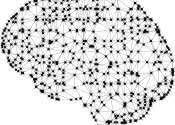Patents can help researchers understand wildlife trade trends, new study shows
Researchers from the Oxford Martin Program on Wildlife Trade at the University of Oxford have demonstrated that patent data could provide a novel source of evidence that can help identify future commercial trends associated ...









